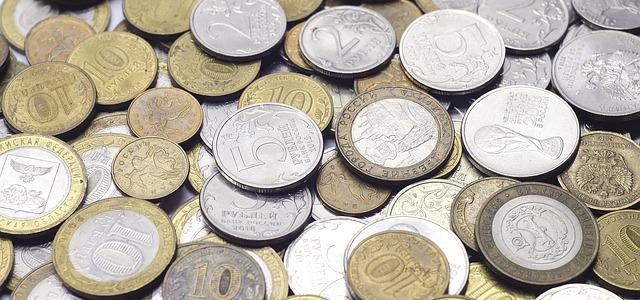 Protection of IP in Russia is often being discussed in the media nowadays and judging by the publications that one may see Russia tends to dismiss any rights vested in IP which is outright wrong.
Protection of IP in Russia is often being discussed in the media nowadays and judging by the publications that one may see Russia tends to dismiss any rights vested in IP which is outright wrong.
In the meantime, IP life goes on as usual and infringement is active as ever. In this connection IP owners have to decide which line of protection of their rights to choose and what is best to claim. Enforcement is one of the staples on which intellectual property is based.
The main provisions dedicated to enforcement are embedded in the Civil Code Part IV. Articles 1248, 1250, 1251, 1252 and many others give a general guidance to how IP rights can be protected in case of infringement.
Basically, the law provides that infringement may be stopped and damages or compensation may be claimed. In Russian legal vernacular these are not equivalents. When you claim damages you should meticulously prove the amount of money you lost, be it direct damage or consequential loss. As experience shows, this is not always an easy task. Compensation does not need any proof, at least in theory. Article 1252(3) provides that the right owner may claim compensation instead of damages. Compensation may be claimed if the fact of infringement is proved. It follows from the above that the compensation may be higher than the assessed damages. It is highly recommended that any evidence of damages should be shown to the court otherwise the amount of compensation may be brought down to mere 10,000 rubles while the maximum amount allowed to be claimed is five million rubles.
The law also suggests two alternatives to the sheer claim of money. The IP owner may claim compensation in the double amount of the price of counterfeit goods or in the double cost of a license which is charged in comparable circumstances for a lawful use of the relevant IP. The court cannot change the method of calculation of the compensation at its own initiative.
At first sight the rule seems simple though in practice participants in the conflicts are often confronted with the situations when it becomes difficult to sort out things. So much so that the Supreme Court of the Russian Federation chose to dedicate a special release to the circumstances of claiming compensation.
In its Decree No 10 of April 2019 it reviewed different conflict situations, summarized its conclusions and detailed the terms missed in the law. Thus, if the plaintiff claims 1) a double cost of the right to use IP (the cost of a license) or 2) the double cost of counterfeit goods he should provide calculation of the claimed amount of money and the basis for that monetary claim as required by the Commercial Procedural Code. He should also provide documents confirming the cost of the right to use (1) or the number of counterfeit goods (2) and their price. If the plaintiff cannot provide such evidence he may petition the court to order evidence from the respondent or third persons.
In order to confirm calculations and cost of the IP in question it s possible to obtain relevant information from any sources including from other countries.
If the plaintiff claims compensation in the double amount of the cost of use of IP the amount of compensation shall be calculated on the basis of the price of the counterfeit goods proposed for sale. If the infringer offers the goods for sale on the basis of wholesale contracts the wholesale price shall be taken into account.
As has been noted, the plaintiff may claim damages between 10,000 ND 5,000,000 rubles. The court may moderate the amount at its discretion. However Decree No 10 explained that the court’s discretion should be based on facts. The court must evaluate the circumstances of the infringement related to the subject matter in question. E.g. how much famous it is, whether the trademark was placed on the goods by the infringer himself or by third persons, duration of unlawful use, whether it was repetitive, probable damage of the IP owner, whether the infringing use is substantial part of business of the infringer, etc. The court must make a decision proceeding from the principle of reasonableness and justice and also decide whether the awarded compensation is commensurate to the consequences of the infringement.
If there are several interrelated subject matters belonging to the IP owner, such as copyright and a trademark, a trademark and an appellation of origin, a trademark and a design, compensation should be awarded separately for each IP.
Explanation of the Supreme Court seems exhaustive, the opportunity for the IP owners to avail themselves of this option makes easier for them to seek and obtain justice.
Written by Vladimir Biriulin, Partner at Gorodissky











